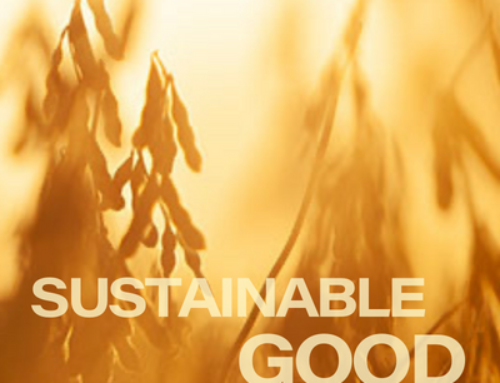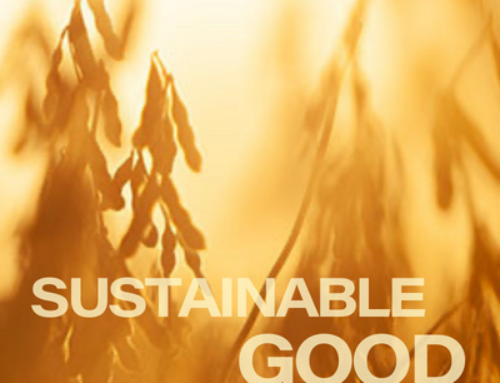Defining sustainability in business is tricky; breaking into the world of sustainable food can be even trickier. But Jenny Yang, owner of Phoenix Bean Tofu, has been changing the food sustainability conversation since 2006, and challenging other members of the food industry to ask themselves, “How do you define sustainability?”
Yang stepped onto the food scene in 2006 when she brought traditional Chinese tofu-making traditions into mainstream cooking, introducing a century-old process into modern day preparation and taste experience. For Yang, her journey would begin with identifying a local farmer who grew quality soybeans in a sustainable way.
“The most important component to sustainability for our company is sourcing local soybeans, which means Illinois soybeans are our priority,” says Yang. “Our definition of local is 400-miles so we extend out to Iowa, Ohio or Wisconsin.”
Says Yang, “Once I had the ingredients I wanted and products I was proud of, I had to decide what kind of packaging I wanted, the most effective delivery system available, and who my target market would be.”
When Yang first started bringing her products to farmers markets, customers didn’t believe that all her products were 100% locally grown and produced. “I think a lot of people know that soybeans are grown in Illinois, but don’t really understand what happens when they leave the farm,” says Yang.
Yang’s tedious process of selecting soybeans includes making sure they are grown in sustainable conditions, that they are safe and high-quality, and easy to work with. Over the years, Yang has been challenged by having enough soy supply to work with and overcoming a general lack of understanding about soy as an ingredient.
“Soy is often thought of as animal feed. But it’s a nutritious, delicious, highly versatile ingredient that the food industry is just beginning to grow an appetite for,” says Yang. “I think there’s still some uncertainty about soy as a food product, but I believe more and more companies are beginning to catch on. This is a powerful product that boasts health benefits, environmental benefits, and it’s a delicious, plant-based source of protein that can be introduced using a multitude of different preparations.”
As business and demand for Yang’s products continue to grow, Yang is looking to develop sustainable packaging that is locally-sourced just like her soybeans, a relationship she describes as full-circle sustainability.
Changing food, changing the game, and reshaping the future. One soybean at a time.

